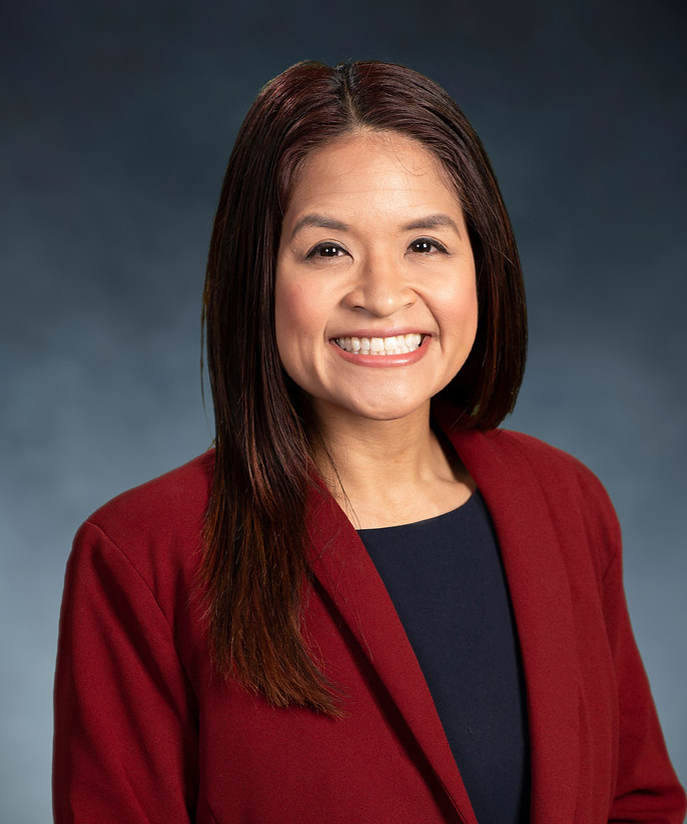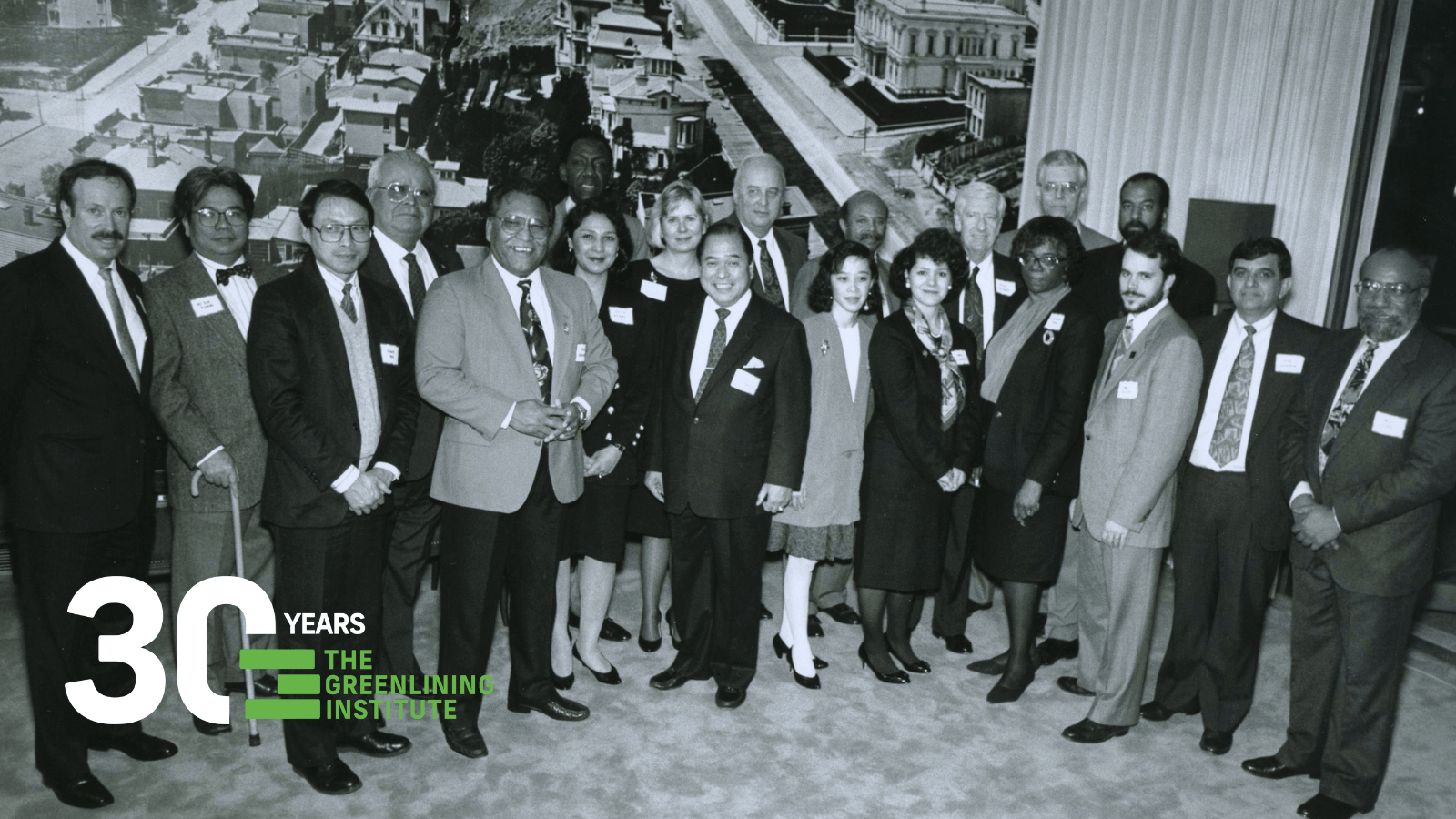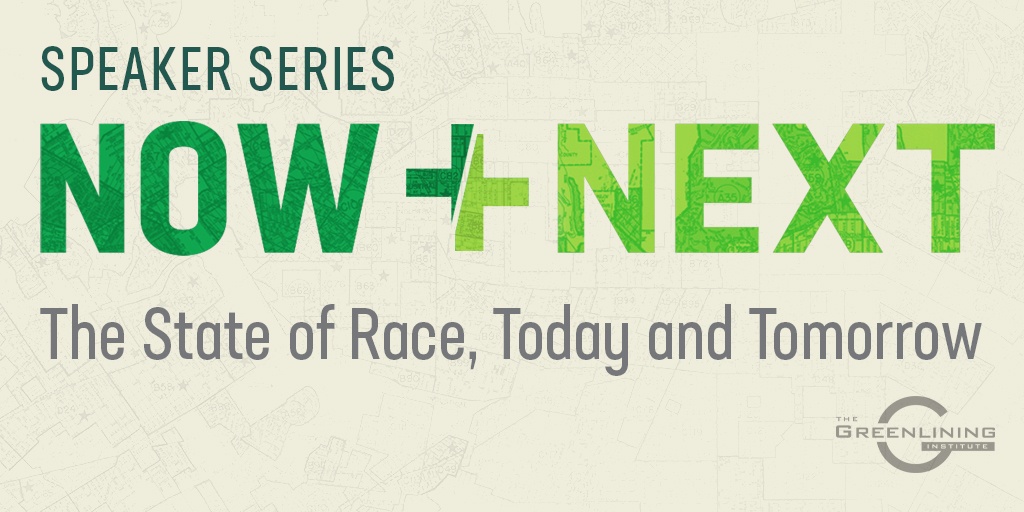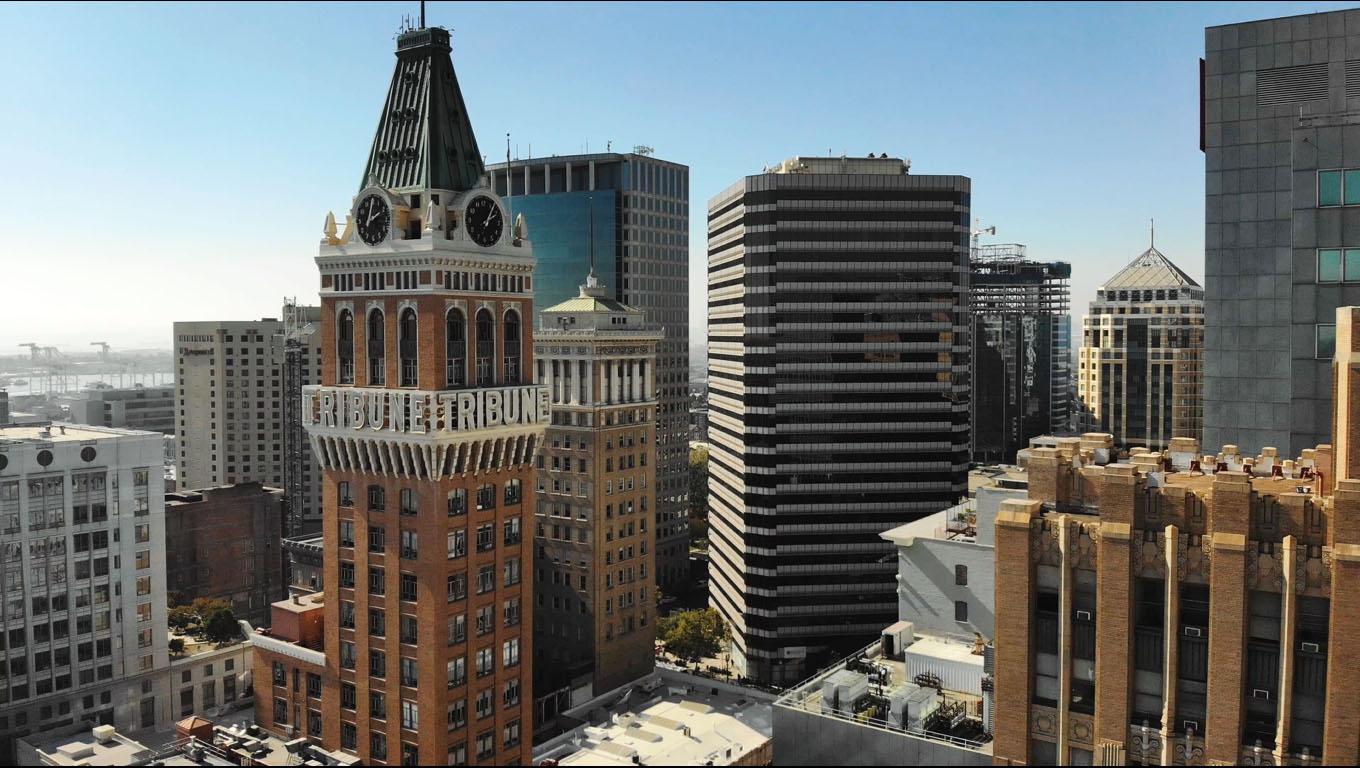Centering Equity in the Public Health Fight Against COVID-19
The Greenlining Institute’s Leadership Academy Alumni Spotlight:
April Joy Damian, Ph.D., M.Sc., ’08
Welcome to the alumni spotlight series, brought to you by the Greenlining Academy Alumni Association! In each post, we’ll interview an Academy alum and share their story. Join us as we explore their career journey, their advice for young leaders of color, and how you can connect with them! In light of the ongoing COVID-19 pandemic, we interviewed April Joy Damian, a passionate alumna in the public health field.
Name: April Joy Damian, Ph.D., M.Sc., PMP
Current Homebase: Middletown, Connecticut and Washington, D.C.
Greenlining Academy Program: I was a Health Policy Fellow from 2008-2009. I worked on telemedicine for the new majority at the intersection of the digital divide and health disparities. We were pushing for the use of telemedicine in rural areas, but also in urban areas.
What do you do? What do you like most about it?
I’m currently the Associate Director of the Weitzman Institute. We use research and education to promote primary care improvements with a focus on the medically underserved. By training, I’m an epidemiologist and public health professional, so my position is a culmination of many different experiences both personal and professional. It allows me to approach public health with an equity lens and work with an interdisciplinary team of clinicians and academics. It’s really mission aligned.

How did your time at Greenlining inform your career journey?
My time at Greenlining really allowed me to see health equity as part of a larger picture and a bigger dream of equity. Being in a cohort with Fellows focused on different policy issue areas reinforced that. I was able to understand how my interests and expertise were linked to a Fellow’s whose focus might be immigrants’ rights. We were taught to fight for a larger pie rather than fighting for the crumbs, meaning health justice and immigrants rights aren’t competing with each other, rather it’s “yes, and.” We learned the importance of coalition building. It showed me that it’s not just people in healthcare that are responsible for addressing health disparities, there are all these different sectors coming together. Greenlining instilled in me to think about the macro-approaches we can take beyond the direct work we’re doing day to day. Greenlining really prepared me to think big.
Before I found my niche in the public health field, I was in medical school. I actually remember when I got accepted Rosa Maria brought me a red velvet cake to match the Harvard school color, crimson. In the third year of my combined MD-MBA program I just felt it wasn’t the right fit anymore and I fell back on the critical thinking skills I gained through the Greenlining Fellowship. I felt like in med school I wasn’t asking the right questions so then I went to Johns Hopkins for my public health PhD program and that program was a much better fit.
How do you think about COVID-19 response with an equity lens?
The Greenlining community was working on social determinants of health before it became a hot topic. COVID-19 has shed a light on all the holes not just in our health system but our housing system and other systems. Who gets to work remote? Who gets paid sick leave? Who gets free lunch? The socio-economic issues determine who’s most likely to be impacted the worst. I’m fortunate in terms of the space I work in because our focus is on the patient populations that are marginalized, including people of color, low income folks, immigrants and the homeless. Our motto is, “healthcare as a right. not a privilege.” Other public health spaces don’t center an equity lens but it’s especially critical in the COVID-19 context. I also tend to back up my arguments for health equity with evidence and statistics. This is a lifelong skill that I learned at Greenlining: Not just to say I’m outraged because I feel a certain way but really using credible evidence and rigor in my statements. It grounds the arguments in authority. Greenlining taught me how to equip myself with the proper tools to be a strong advocate.
“The Greenlining community was working on social determinants of health before it became a hot topic. COVID-19 has shed a light on all the holes not just in our health system but our housing system and other systems.”
APRIL JOY DAMIAN, PH.D., M.SC.,
I love that you mentioned the story of Rosa buying you red velvet cake for your med school acceptance because one of my favorite parts of the Fellowship was just feeling really seen and celebrated by the Greenlining community. What impacts did the Fellowship have on your personal development?
It taught me not only how to advocate for the issues I cared about and my communities but also how to advocate for myself. My identity as a woman of color informs how I navigate the world and how I’m perceived by the world. At Greenlining there was space to talk about those issues and to talk about how as an advocate I’m also mindful of how I carry myself. In the Greenlining community I found people that looked like me and could relate to me but were further down the line professionally so they could help me navigate the system. I learned how to bring my full self to my work and let go of feelings of shame, guilt and intergenerational trauma. I learned that I’m not alone in the fight and to ask myself “how do I ensure we win while still being true to myself?”
My Fellowship provided a safe space to talk about the personal challenges I faced as a woman of color in my work as well as a space to connect beyond work and just talk about human things like our love of reality tv. Being a part of the Greenlining community means having a support system of folks who celebrate who you are outside of your professional work and know that your professional work is very informed by who you are as a person. I’m happy to call my Greenlining community not just my colleagues but also my friends and my tribe.
How do you stay authentic while navigating a work environment that might not be down for race equity? Can you talk about a time you found it hard to stay authentic?
Story of my life! When you try to introduce racism into a conversation about healthcare people get defensive and often would rather talk about class and not race. I have to clarify that they’re not the same. How do you not get flustered or emotional because for us it’s not an intellectual exercise, it’s personal. To deal with it I try to meet people where they are. I know it will take a series of conversations and I know it’s not my personal responsibility to evangelize on the topic. There are other ways to push our agenda. The work we do is a marathon not a sprint so we can’t exhaust ourselves and burn out. So it’s about asking myself, do I feel like having this conversation right now? What’s the best use of my energy? Again this is why you need a support system and what I really appreciated about being in a Fellowship cohort. Sometimes you just need to have an outlet to release the angst after you’ve experienced something emotionally exhausting and say hey I just went through this and I need to talk about it.
What piece of advice would you give your early career self?
To be more willing to ask for help. Sometimes we build layers of protection or we’re scared to ask for help because culturally we’re used to taking care of family responsibilities at an early age. I learned to be self-sufficient and figure things out all on my own. There’s pride behind that and it’s not always healthy. The Fellowship is only a year but the friendships and relationships last beyond that one year so you have to keep reminding yourself to lean into your community and to know you don’t have to have it all figured out on your own. Imposter syndrome is real. My younger self was more willing to provide support than receive support and I wish I was more open to leaning into my support system. One of my mentors told me “you deprive the person of a blessing by not asking for help.” Know that when you ask for help it doesn’t reflect badly on your character or your competency.
How can alumni get in touch?
You can connect with April Joy on LinkedIn or reach out to gaaa.mentorship@gmail.com to be connected with April by email.
Hibba Meraay is a Washington, D.C.- based advocate, storyteller and community-builder. She is currently a Partnerships Associate at the Analyst Institute where she helps progressives win campaigns. She serves on the Greenlining Academy Alumni Association board and was Economic Equity Fellow in 2016-17. Follow her on Twitter.



